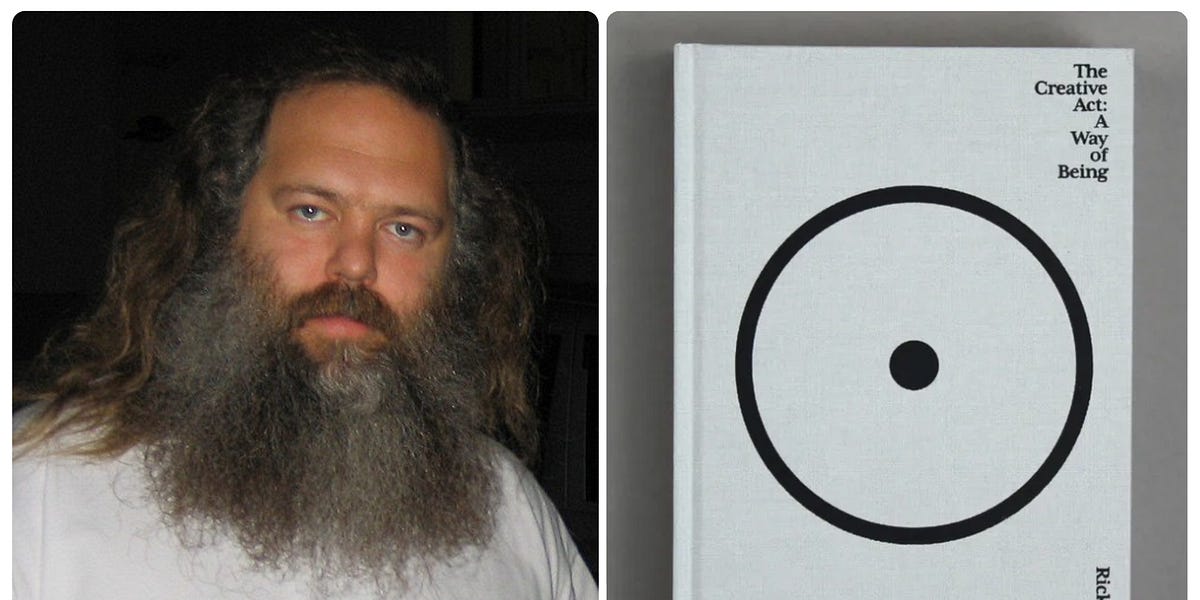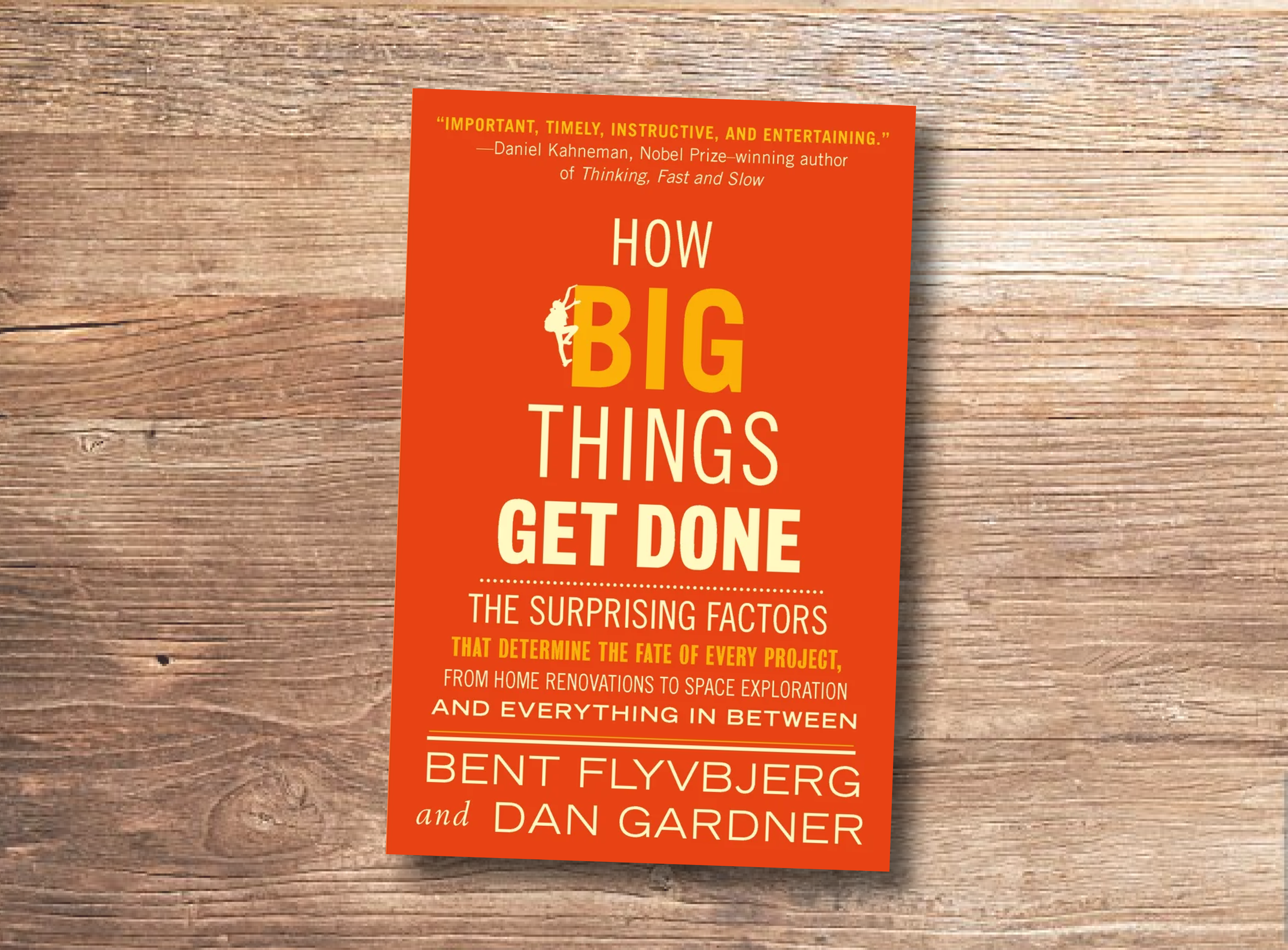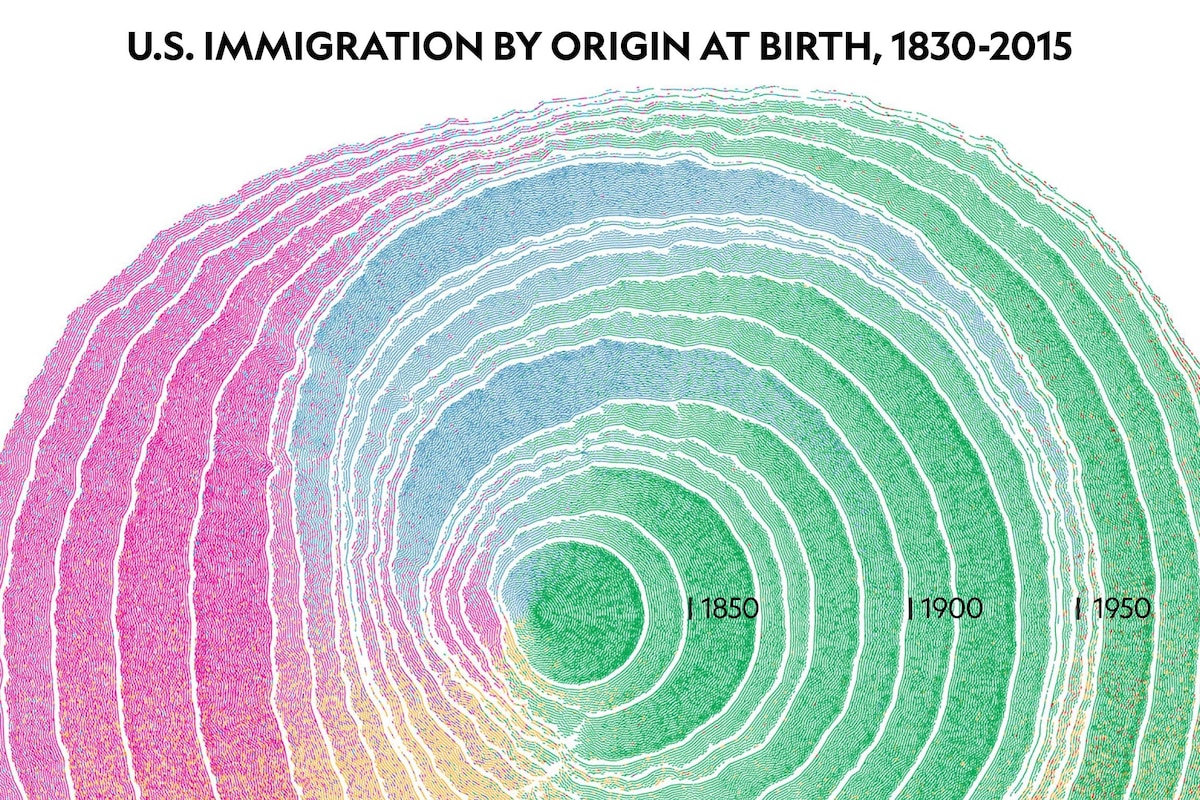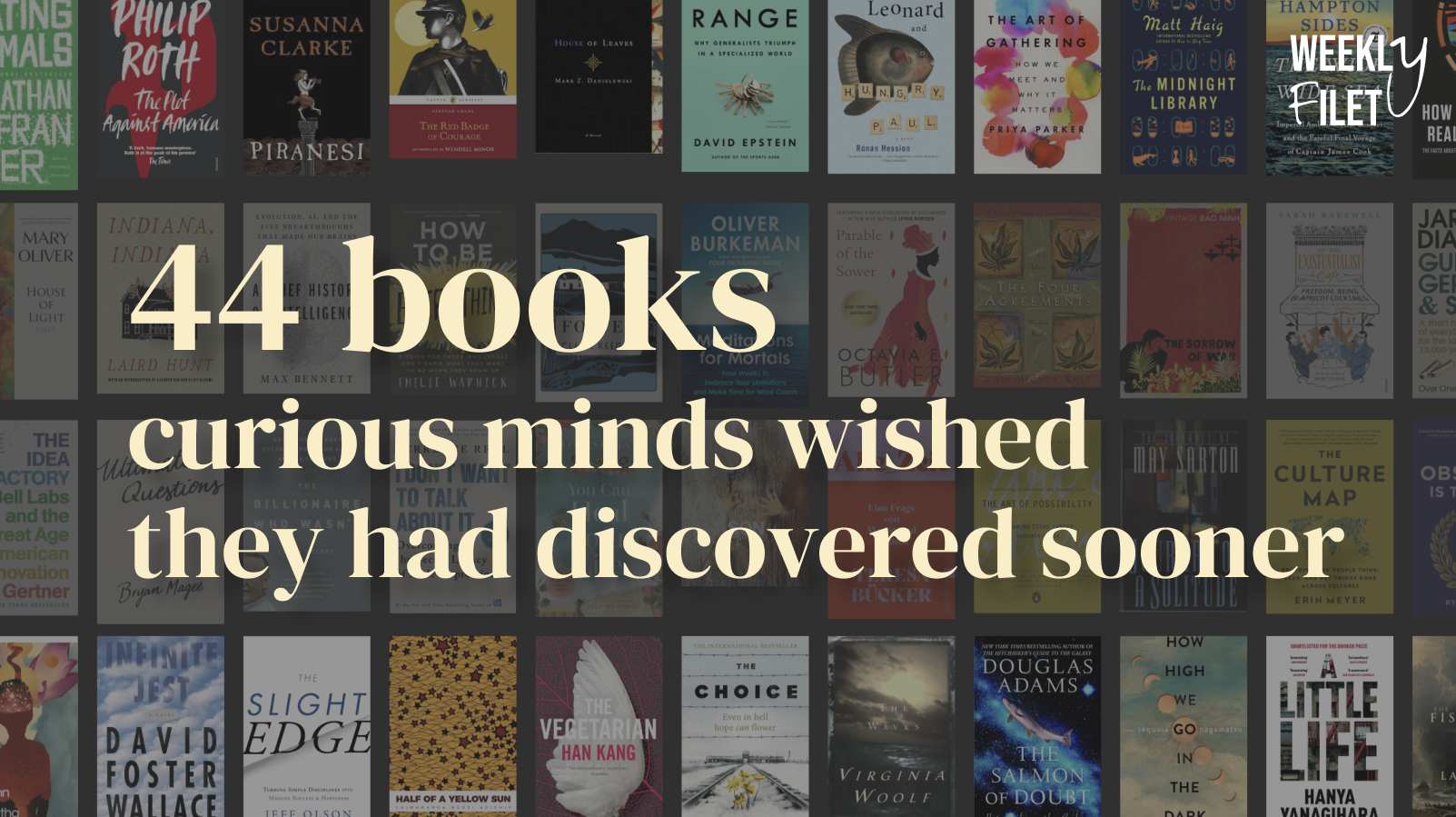4.5 Million Children
Plus: Why we need more taste and less cynicism (#534)
This is David, your decidedly human web crawler, and you're reading the Weekly Filet, the newsletter for curious minds who love when something makes them go «Huh, I never thought of it this way!». As every Friday, I'm here to help you make sense of what’s happening, and imagine what could be. It's great to have you.
Before start with this week's recommendations, I want to make sure you haven't missed this year's book club submissions. So many good ones.
Oh, and just in case you don't always scroll to the bottom of the newsletter: There's something new there, might as well have a look 🙂
1. Study: 14 million lives could be lost due to Trump aid cuts
Can you picture Elon Musk jumping around with his chainsaw? Sure you can. Can you picture Donald Trump smirking as he signs executive orders? Sure you can. Can you picture 4.5 million dead children? Unfathomable. And yet, these things are the same. The aid program cuts – orchestrated by Musk, enabled by Trump – that went into effect this week could mean death for between 8 and 19 million people, including 4.5 million children. This estimate comes from a new study published by the medical journal Lancet. Millions of people dead who could live. And for what?
2. Cynicism Is the Enemy of Action
Rebecca Solnit, always clarifying to read. In her latest essay, she writes about «near enemies». By those, she means all the cynics, political hobbyists, defeatists on the sidelines «who in theory agree with our goals but in practice are forever sabotaging them» – by criticising tactics, by calling goals unrealistic, by calling activists naive to try. In times like these, Solnit writes, «no one should be on the sidelines, and no one should be undermining those who are showing up for justice, human rights, and environmental protection.»

3. Same game, unequal performance
A brilliant experiment by Swiss public broadcaster SRF for the women's football Euro that kicked off in Switzerland this week. They brought to life the findings of an interesting Norwegian study: Given that women play on the same pitch as (physically stronger men), what would a football pitch have to look like to feel the same for men? Larger goals, a much larger pitch, a heavier ball, and 18 extra minutes of game time. The two teams of young men who took part in the experiment left the pitch exhausted and humbled. (If you don't understand German, Google Translate is your friend.)

4. Taste Is the New Intelligence
Amid all the maddening and saddening things I read this week, this was a moment of bliss. A wonderful essay on taste as an essential quality in an environment of infinite content and attention directed by algorithms. So many quotes I vehemently nodded to and saved for later. Like this: «Taste is how you protect your mental environment. [...] Real taste. The kind that signals coherence. Clarity. The ability to choose what matters in a world drowning in what doesn’t.» Or this: «What you give your attention to—what you consume, what you engage with, what you amplify—becomes a reflection of how you think.» And obviously this, pretty much the essence of what I've been doing with this newsletter since 2011: «Curation is care. It says: I thought about this. I chose it. [...] I took the time to decide what was worth passing on.»

5. The World Economy Is on the Brink of Epochal Change
A big picture view on the global economy, on the «hardware» and «software» capitalism runs on. At its core, a pretty bold argument worth pondering: «The global economy is getting a hardware refit and trying out a new operating system—in effect, a full reboot, the likes of which we have not seen in nearly a century. [..] «We need to abandon any illusion that the worldwide turn toward right-wing populism and economic nationalism is merely a temporary error.»


What else?
Instant-gratification links that make you go wow! or aha! the moment you click.
- Rediscovered this gem this week: the definition of modern art.
- How the alphabet looks from above.
- New artwork from Austin Kleon: Come on, world.
- Life hack: Everything is dishwasher safe if you don’t give a fuck.
- Open to your own peril: Top 100 Desserts in the World.
- Way to go: Starting July 1, France has banned smoking in all outdoor areas frequented by children.
- Suddenly, the last decade makes sense...
- Congrats, everyone: We're closing in on 1 trillion web pages created by humanity.

Books for curious minds
Some new ones as I read them, some older ones that continue to inform how I look at the world and myself.

A framework for making big projects succeed, drawing from a vast array of case studies. Insightful and instructive. Buy it here.

A gem from the archive

The Weekly Filet archive offers more than 2500 hand-picked links since 2011, like this one. You can search by interests, explore collections, shuffle for a gem or check out my all-time favs.
That's it for this week. Thanks for reading. I wish you a nice weekend and hope to see you next Friday!
— David
Exit through the gift shop
Other things I created that you might find useful: You Don't Know Africa, a simple game that has already humbled millions of people. Great or Meh?, an online tool to compare job opportunities. Climate Questions, a playful conversation starter. My digital bookshelf, with sections of books that help you make sense of the climate crisis, books that make you a better product manager, and books that help you as a parent (coming soon).







